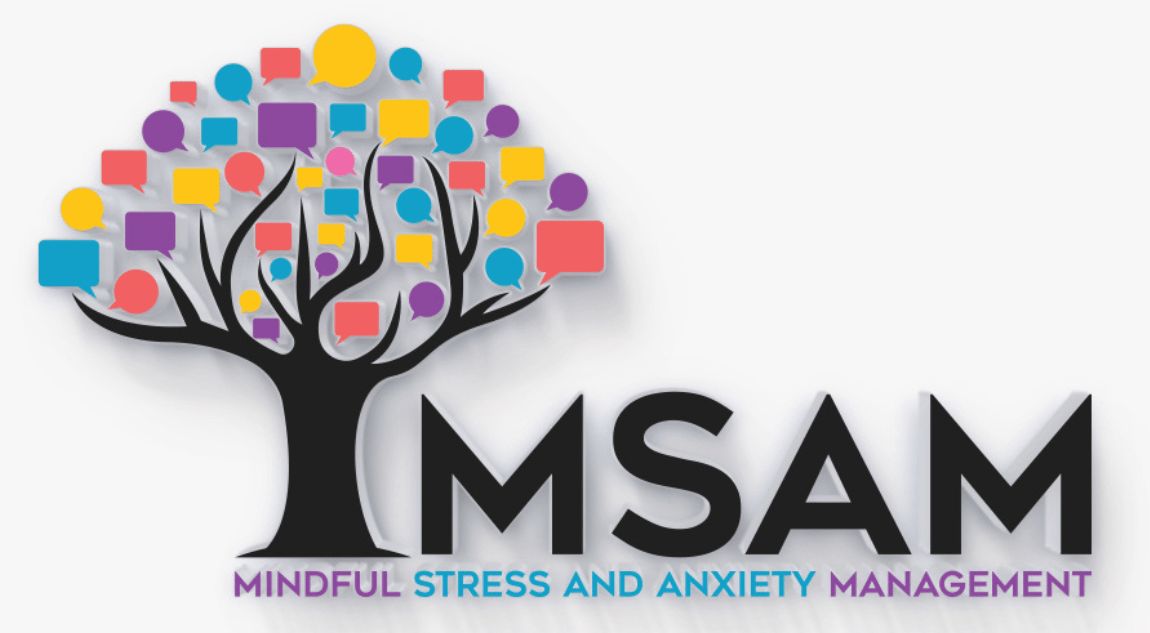Treatment for Specific Phobias
A phobia refers to an experiences of fearfulness or anxiety about a specific object or situation. Suffers may have a phobic relationship with:
- Animals, such as dogs, insects, and spiders
- Natural environments, such as storms, heights, water.
- Blood and injuries, such as injections, invasive medical procedures.
- Specific situations, such as airplane travel, elevators, enclosed places.
- Other. Almost any stimuli or situation may become a phobia. Some other common phobia include: choking, vomiting, loud sounds, and costumed characters.
Phobia Diagnosis
There are several key elements which characterize phobias and differentiate them from everyday experiences of fearfulness and anxiety. A person suffering from a phobia will:
- Almost always experience immediate fear or anxiety.
- Actively avoid the phobic situation/stimuli. If unable to avoid it, they will endure it but experience intense fear or anxiety.
Furthermore, the fear or anxiety they experience:
- is out of proportion to the actual danger posed by the specific object or situation.
- is always present and lasts for 6 months or more.
- interferes with the normal flow of a person’s life including work, school, social, and/or occupation.
- is not better explained by other anxiety disorders such as obsessive-compulsive disorder (OCD), separation anxiety, post-traumatic stress disorder (PTSD), or social anxiety disorder .
A specific phobia can cause an increase in physiological arousal, and some sufferers may experience a vasovagal fainting or near-fainting response.
Specific phobia sometimes develop following a traumatic event, such as being bitten by a dog or getting stuck in an elevator. Often these events, and the development of the specific phobia, occur in early childhood. The majority of cases develop prior to age 1o—the median age of onset is between 7 and 11 years old. However, specific phobias can develop at any age.
Young children may express their fear by crying, tantrums, freezing, or clinging. Adults may express their fear through similar behaviors, but also may more actively practice avoidance of the specific phobia stimuli/situation.
Finally, it is not uncommon to have more than one specific phobia at a time.
Consult an Expert
Contact Harold Kirby at 610-517-3127 to schedule a consultation or appointment to discuss treatment for specific phobias. Harold provides telehealth treatment for clients in Philadelphia and the surrounding areas of Pennsylvania and New Jersey (Main Line, Montgomery County, Camden, Cherry Hill), as well as in the South Carolina Lowcountry (Hilton Head, Bluffton, Beaufort, Colleston County, Dorchester County, Berkeley County, Charleston).
